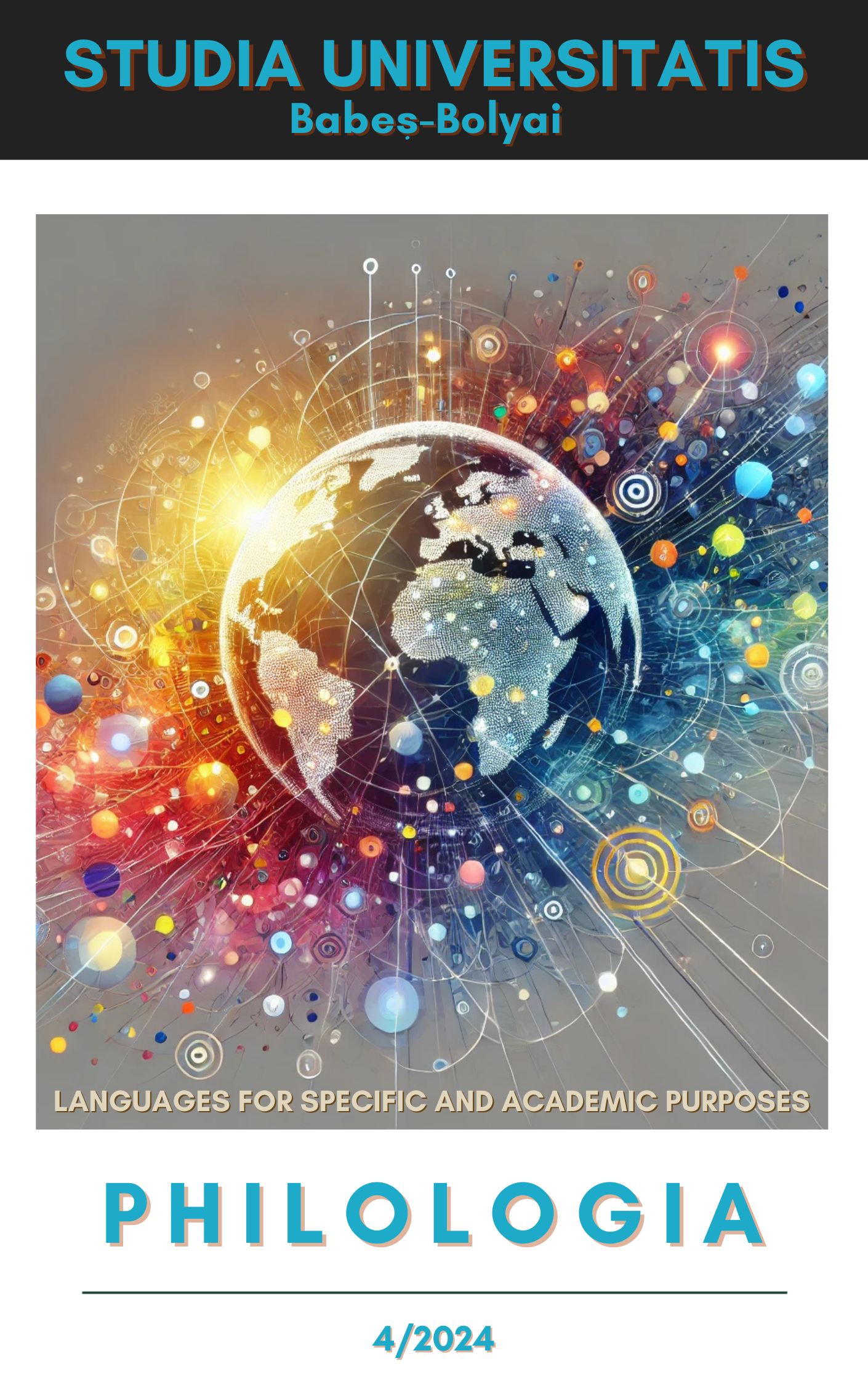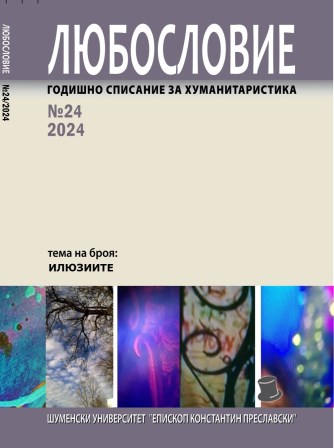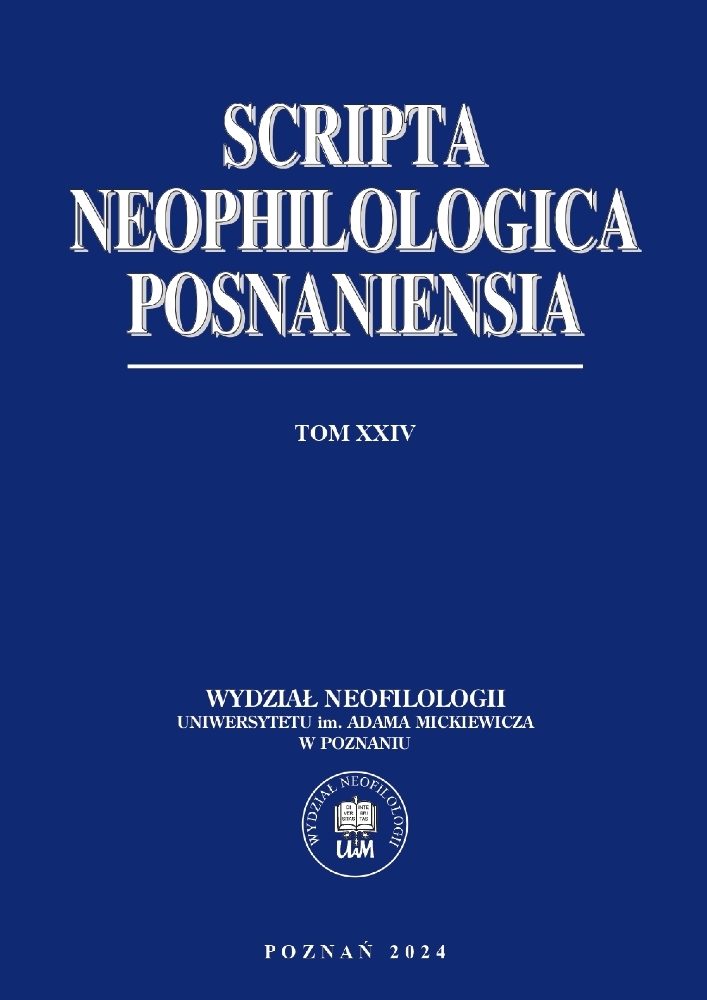Author(s): Adina-Maria Mezei / Language(s): English
Issue: 4/2024
Technology-Assisted Teaching Activities in an ESAP Context: An Ecological Perspective. The present article focuses on the design of various technology-assisted teaching activities as part of a practical English for Specific Academic Purposes (ESAP) course addressed to undergraduate students in Biology and Geology, Babeș-Bolyai University. As more and more AI-assisted tools – ‘traditional’ or generative AI (GenAI) – are becoming readily available to the general public, there is a growing pressure on educators to employ such tools in the classroom in order to foster technology-enhanced learning. I start from the idea that the ESAP teaching-learning process can benefit from the usage of such tools, even though some precautionary measures may be needed at this point. The perspective adopted draws on an ecological approach in the sense that theory and practice are viewed as intermingling in the research process (Van Lier 2010). Additionally, pedagogic decisions are taken in relation to “local realities” (Tudor 2003), such as, the targeted students’ general knowledge of English, attitudes to language learning, preferred modes of learning, relevant background knowledge and also with respect to the functionality of the digital tools examined. The central point of the envisaged activities is the bringing into play of relevant specific-subject and/or academic vocabulary. In other words, the underlying objective of these activities is to depict some contextualised vocabulary appropriate for the students in Biology (as suggested by Hyland 2007). First, I present some definitions regarding various types of vocabulary linked to the specific academic learning context, then I discuss some of the students’ expectations. Next, I illustrate several teaching activities in which digital tools are involved, evaluating some of their benefits and/or disadvantages. The tools discussed are the following: two search engines, SkELL, Sentence Stack, four instruments provided by the EAPFoundation.com website, i.e. the Vocabulary profiler & Academic word profiler (online corpus-based tools), The AWL highlighter & Gapfill maker, and ChatGPT 3.5 (gen-AI, the current freely-available version). Finally, I outline some considerations regarding the practicality of some digital learning tools.
More...



